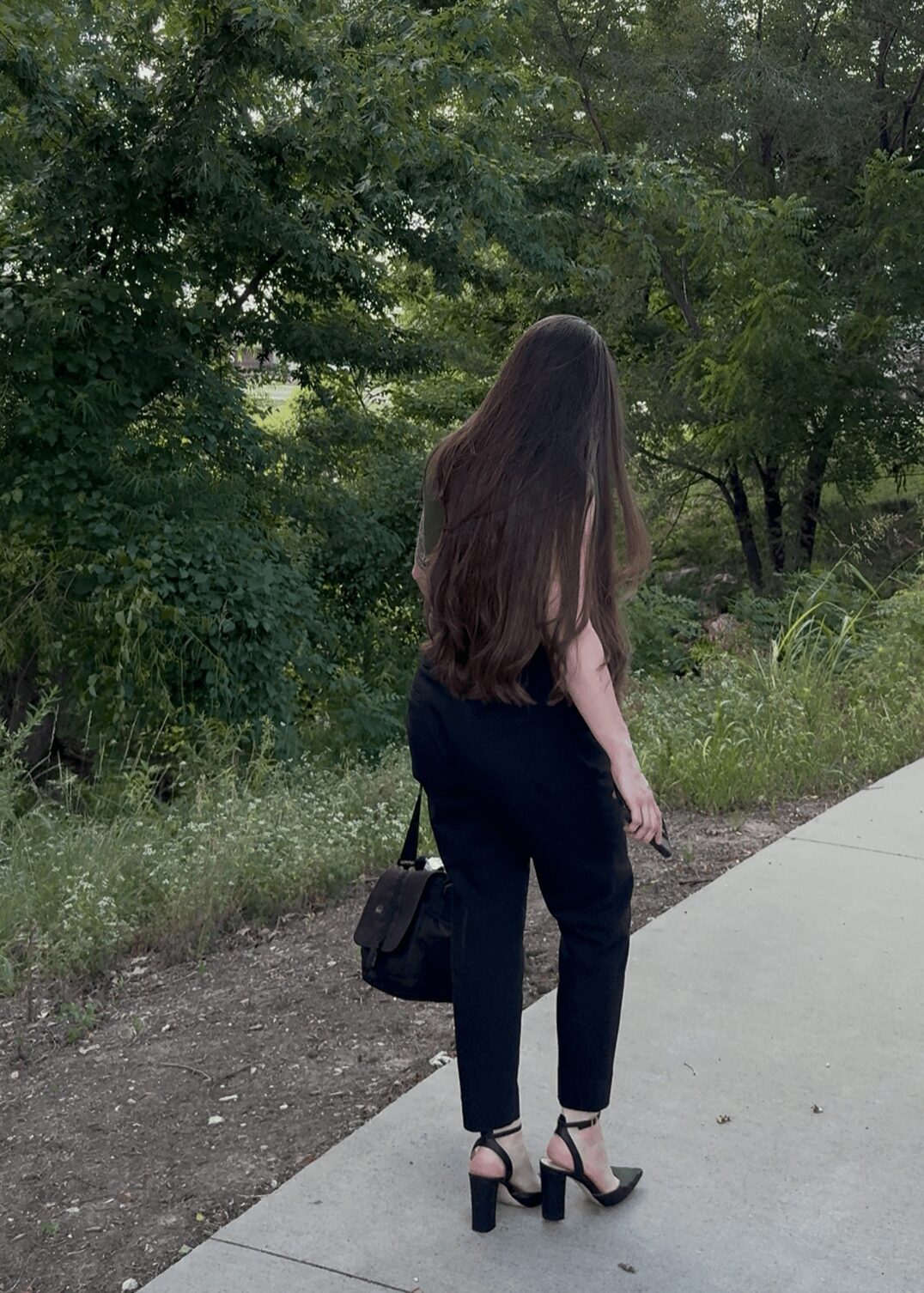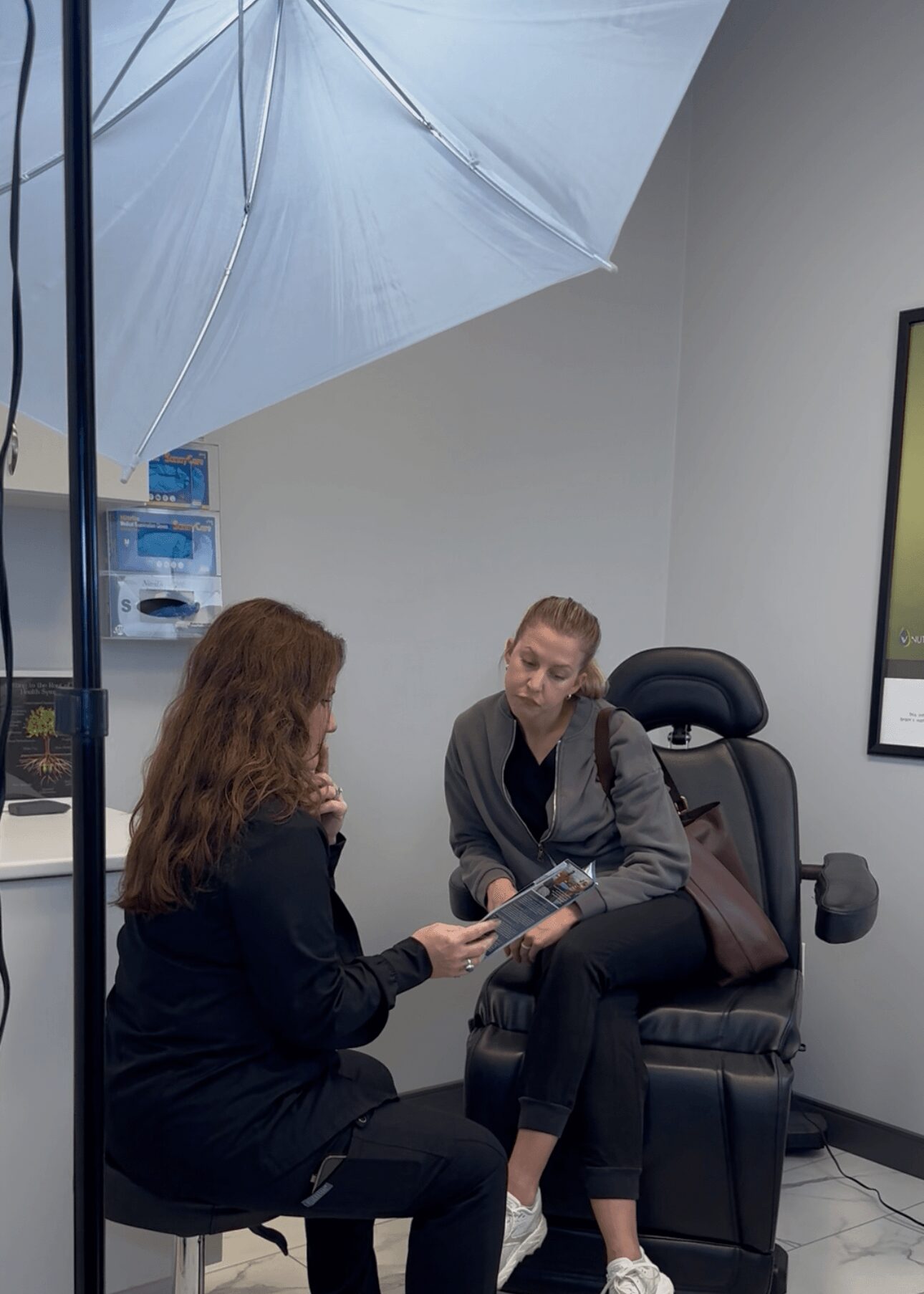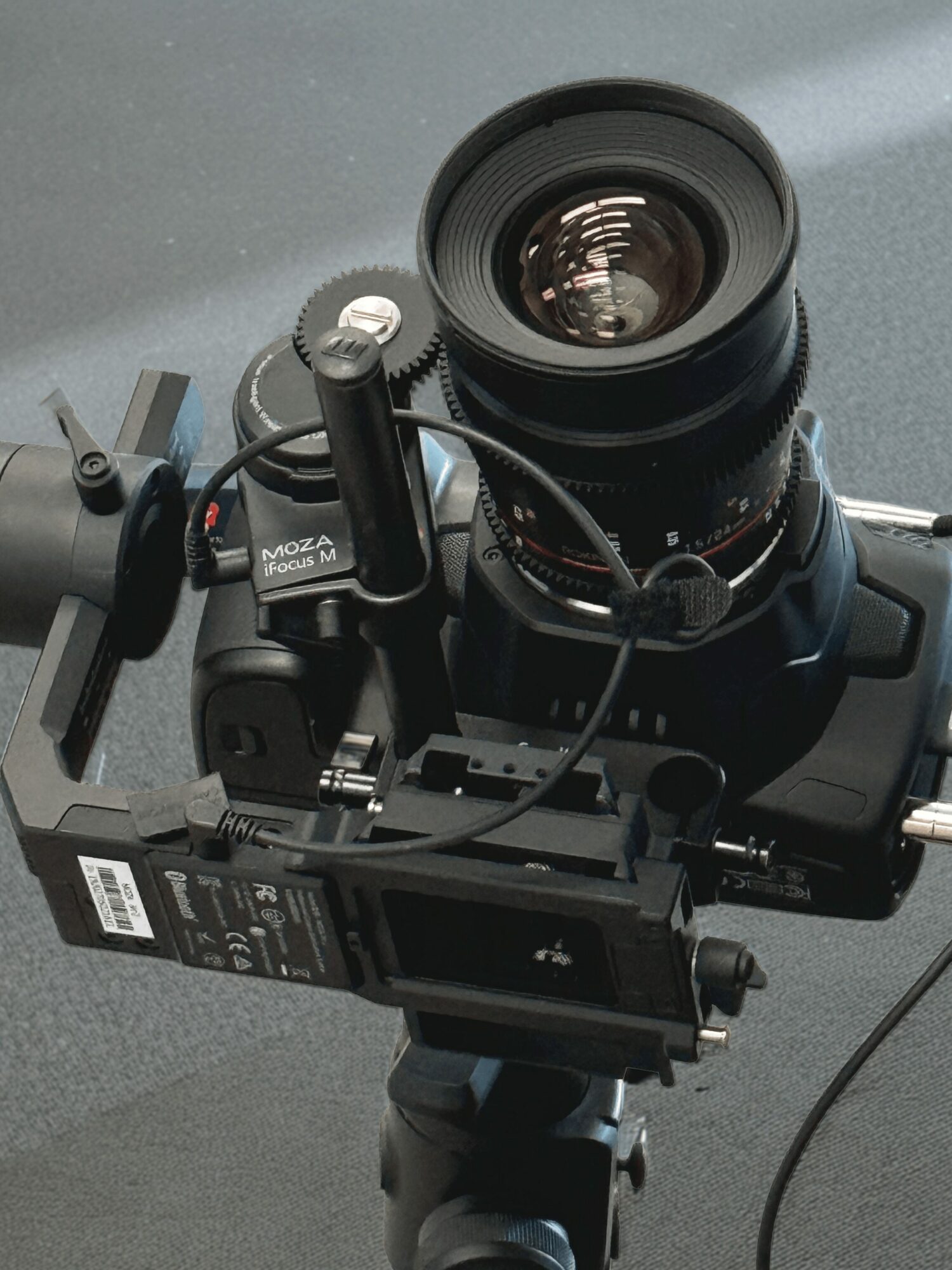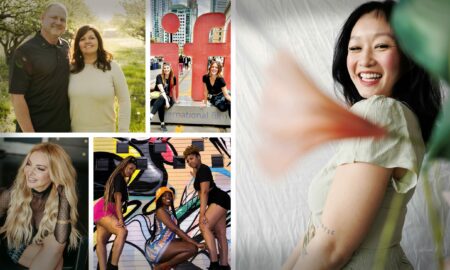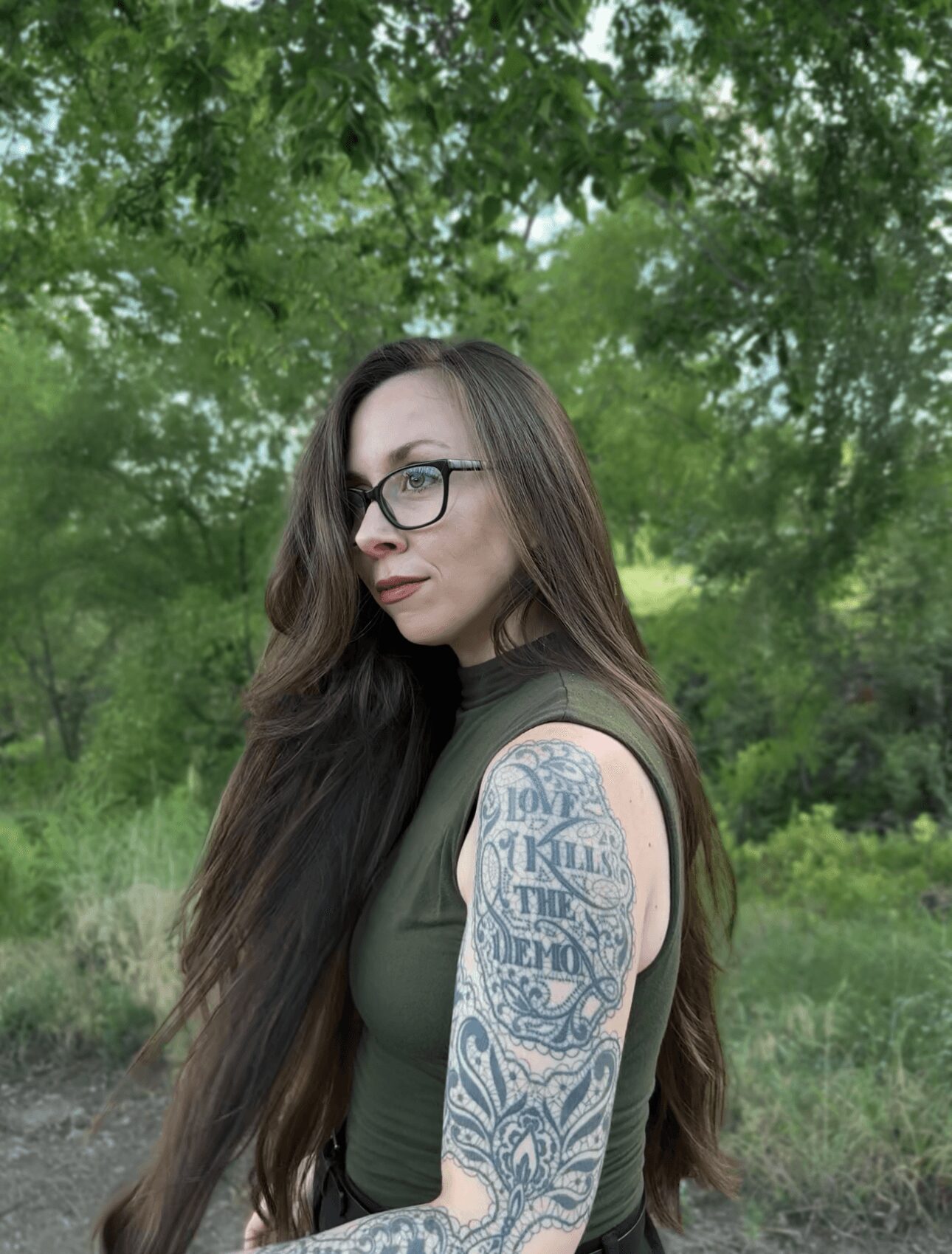

Brittany Thompson shared their story and experiences with us recently and you can find our conversation below.
Good morning Brittany, we’re so happy to have you here with us and we’d love to explore your story and how you think about life and legacy and so much more. So let’s start with a question we often ask: What are you chasing, and what would happen if you stopped?
I’m chasing change in an industry that’s grown comfortable with exploitation.
I’ve seen how media and marketing exploit people’s insecurities into profit, but I also believe they can do the opposite: they can restore trust, they can serve, they can heal. If I stopped, it would mean swallowing what I’ve seen and pretending it doesn’t matter. It would mean letting the same harmful patterns go unchecked.
I can’t do that. For me, the chase isn’t about climbing higher anymore; it’s about breaking cycles and using my skills to build something more ethical, more human, and more true.
Can you briefly introduce yourself and share what makes you or your brand unique?
Hello! Nice to ‘meet’ you. I’m an advertising director with a background in print and digital media, and I’ve worked across industries from high-end jewelry and apparel to home security, IV nutrient therapy, restaurants, and more.
After over a decade in corporate advertising, I chose to step off the ladder to fight against media malpractice and advocate for more ethical, human-centered marketing practices.
Now, I help wellness brands grow while maintaining their responsibility to the planet and its people. I’ve also developed my own creative brand, Verdant Matter, as a space for truth — a reminder of beauty and resilience when the world feels heavy or dark.
Thanks for sharing that. Would love to go back in time and hear about how your past might have impacted who you are today. What part of you has served its purpose and must now be released?
The version of myself that wanted to be ‘at the top’ has served its purpose. I worked hard to earn my degree in business and marketing, and I poured myself into climbing the corporate advertising ladder. I wanted to be the boss. I wanted the recognition that came with it — but I also wanted to do it the right way, without giving in to the greed of the corporate world.
And then, I made it. I hit the top. But reaching that peak made me realize that the kind of success I thought I wanted wasn’t truly aligned with my values. Letting go of that created space for something better: focusing on changing the industry itself, advocating for ethical media, and proving that marketing can be both powerful and human.
I don’t want to be at the top anymore. I just want to be a ripple in the water that begins disrupting the unethical loopholes in advertising.
What did suffering teach you that success never could?
Suffering taught me empathy in a way success never could. I know what it’s like to struggle — to rely on food banks, to be broke, to live without a safety net. Those years gave me a perspective no title or paycheck ever could. They made me deeply aware of how easily people can be tricked into spending money they don’t have, or convinced that certain products define their worth.
Because of that, I don’t want to ‘sell’ anyone anything. What I want is to use my skills in advertising and media to help solve real problems for people who are truly struggling — to protect, not prey on, their vulnerabilities.
Success never gave me that urgency, but suffering did. It gave me the conviction to fight for ethical marketing, fair costs, and to reimagine how this industry can serve people instead of exploiting them.
Sure, so let’s go deeper into your values and how you think. What’s a cultural value you protect at all costs?
Truth, without question. Especially in how we communicate. We live in a culture where advertising, media, and even politics often bend the truth for profit or power. I see honesty and transparency as cultural values worth protecting, because without them, people are left vulnerable to manipulation. For me, protecting truth in communication is about protecting people.
Thank you so much for all of your openness so far. Maybe we can close with a future oriented question. What do you understand deeply that most people don’t?
Advertising is designed to exploit vulnerability.
Most people don’t realize how carefully the industry studies human pain points — not to heal them, but to monetize them. Once you’ve been inside that world, it’s impossible not to see the manipulation everywhere. That’s why I’ve committed to reimagining how media and marketing can be used: not to take advantage of people, but to serve them.
Contact Info:
- Instagram: https://www.instagram.com/earth.to.brittany
- Linkedin: https://www.linkedin.com/in/brittanyelainethompson
- Youtube: https://www.youtube.com/@earth.to.brittany
- Other: Threads: https://www.threads.com/@earth.to.brittany
TikTok: https://www.tiktok.com/@earth.to.brittany
